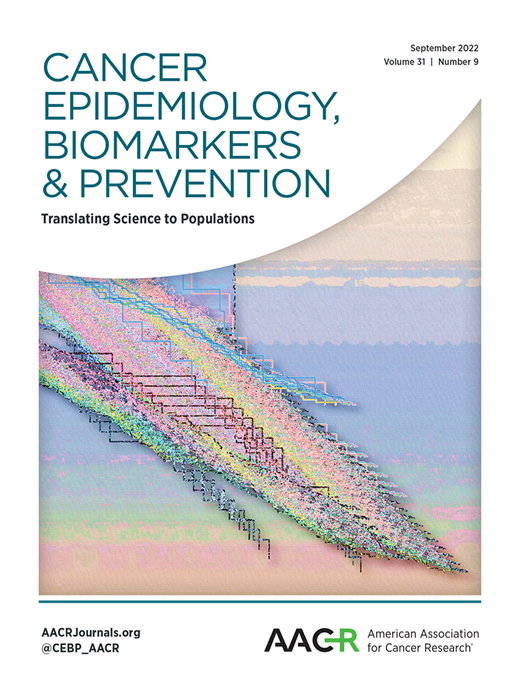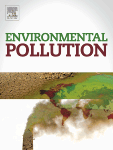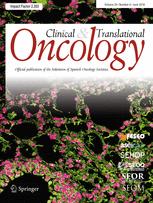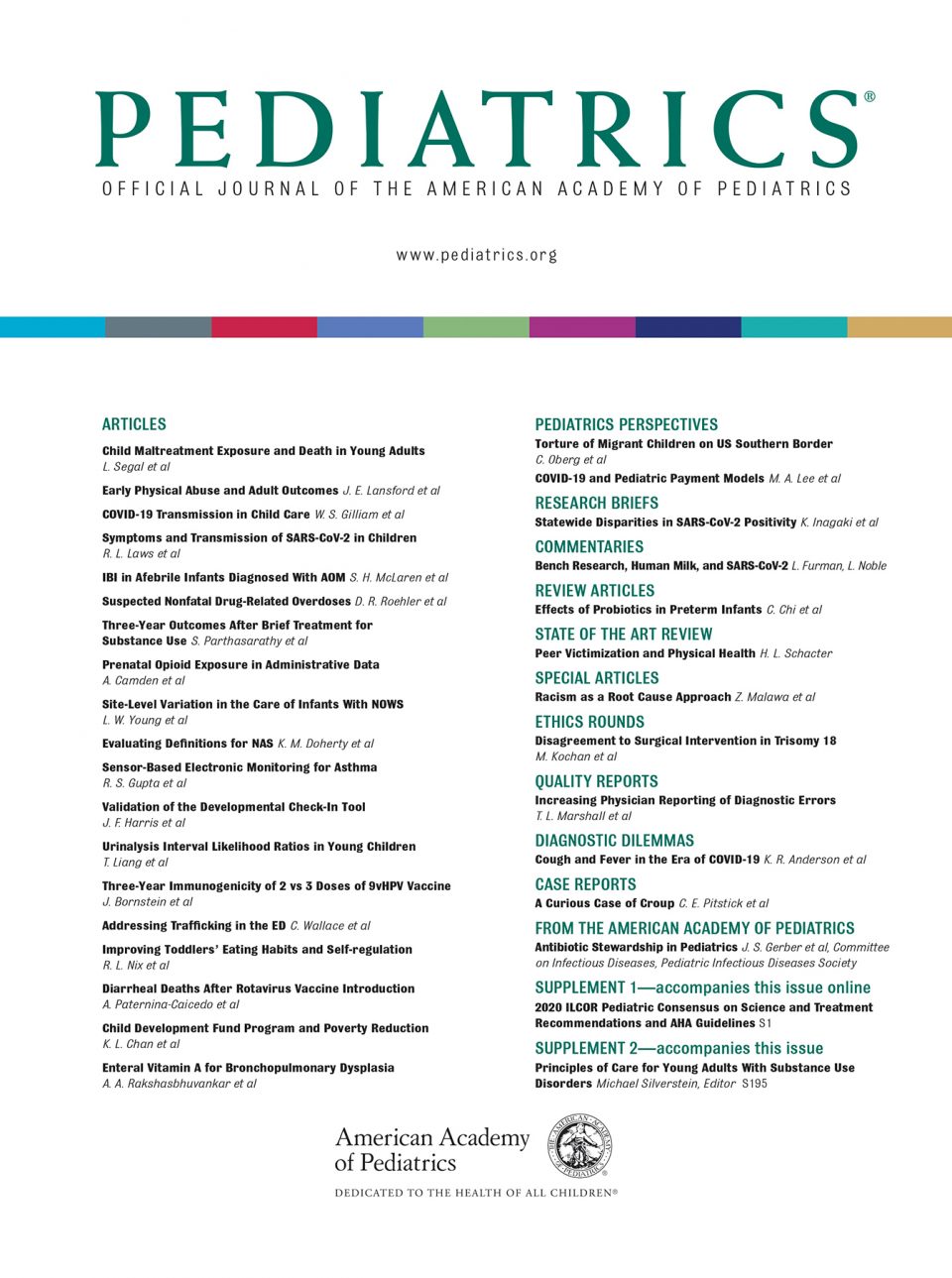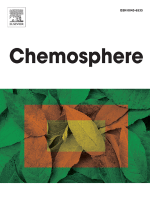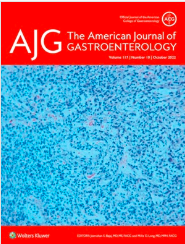Cigarette Smoking and Endometrial Cancer Risk: Observational and Mendelian Randomization Analyses
Background: Current epidemiologic evidence indicates that smoking is associated with a lower endometrial cancer risk. However, it is unknown if this association is causal or confounded. To further elucidate the role of smoking in endometrial cancer risk, we conducted complementary observational and Mendelian randomization (MR) analyses. Methods: The observational analyses included 286,415 participants enrolled in…



